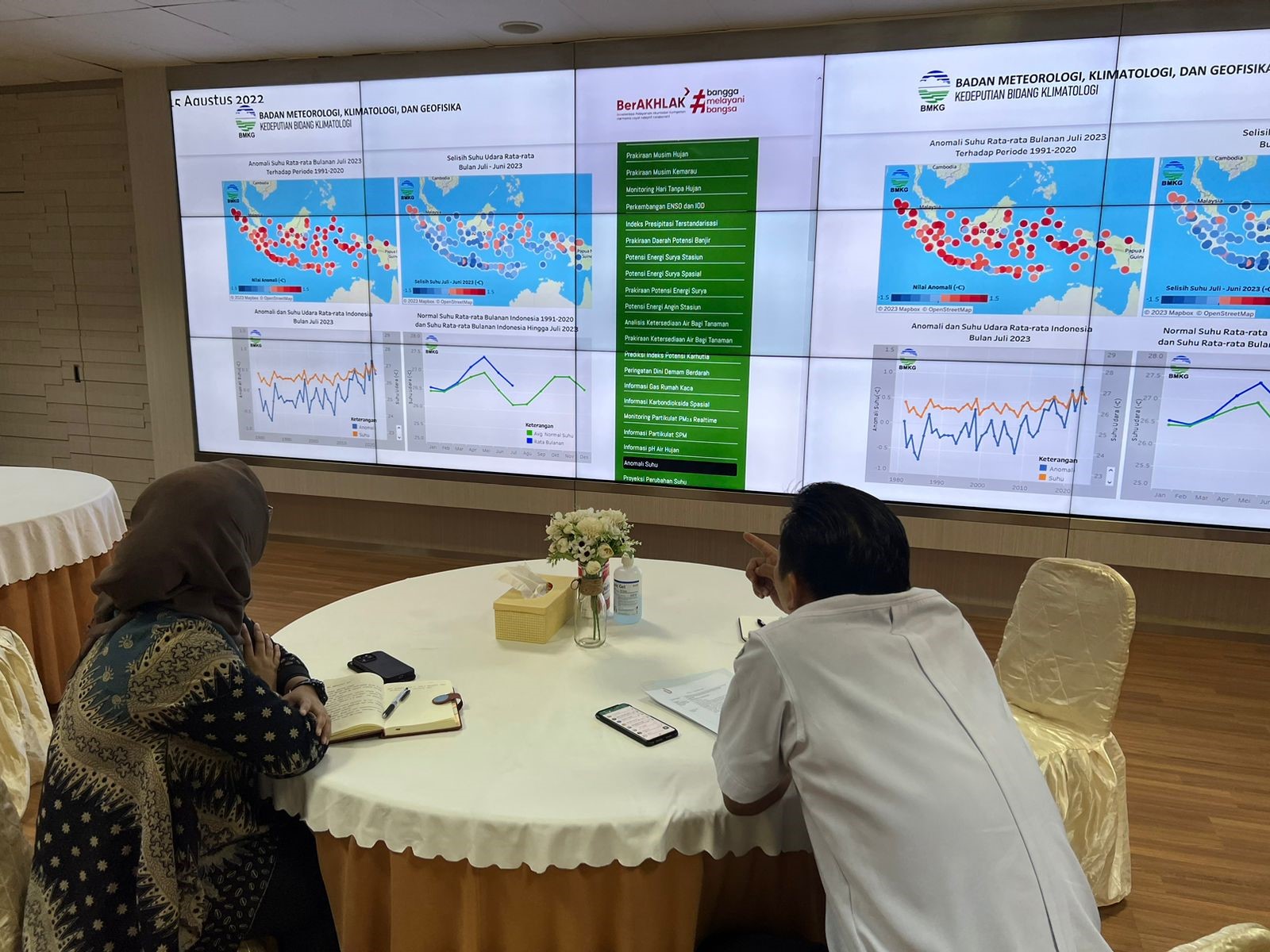From Challenge to Change: The journey of Extreme Heat in Indonesia begins here

In the tapestry of natural disasters woven into the landscape of Indonesia through Law No. 24 of 2007, there are no elements of extreme heat or heat waves. However, the absence of these elements does not diminish their presence in almost all regions of Indonesia, especially in areas like Surabaya and Medan. As temperatures rise, so does the urgency to act.
Armed with several studies and reports, including the article “Urban Heat Stress in Indonesia (1983-2016)”, the Coastal City Resilience and Extreme Heat Action Project (CoCHAP) project embarked on a mission to address this glaring gap. However, in its early implementation, the project faced significant hurdles: a lack of recognition that extreme heat is an urgent issue, both by the central and local governments.
In response to this challenge, the CoCHAP team in Indonesia understood the crucial importance of government involvement. Through collaborative efforts with key stakeholders such as BNBP (National Disaster Management Agency), BAPPENAS/BAPPEDA (National Development Planning Agency), BMKG (Meteorology, Climatology, and Geophysics Agency), and KLHK/BLHD (Ministry of Environment and Forestry), various workshops were conducted. These sessions led to a consensus: a scientific study on Extreme Heat Risks is crucial, serving as the basis for further interventions.
Led by BMKG, CoCHAP will engage stakeholders ranging from health ministries to industries in collaborative meetings and workshops. The goal is to understand and address health, economic, and labor impacts, fostering dialogue and sharing best practices.
The decision to appoint BMKG to lead this national-level study garnered widespread praise. A. Fachri Radjab, Head of the Climate Change Information Center, commended this move, acknowledging BMKG’s direct involvement from planning to outcomes. This marked a significant departure from the norm, where BMKG often served merely as a data provider, signaling an important shift in Indonesia’s climate change study landscape. Further validation came from Sezin Tokar, Senior Hydrometeorological Hazard Advisor at the United States Agency for International Development (USAID). Her optimism during her visit to Indonesia bolstered the CoCHAP team’s spirits, affirming the carefully crafted strategy for sustainability.
Through this collaboration, a significant milestone will be achieved: the creation of a comprehensive understanding of Extreme Heat, its risks, and its nationwide impacts. Minimum threshold values for extreme heat events in Medan and Surabaya will be established, alongside the development of a three-tier Early Warning System for extreme heat at the city level. These achievements lay a strong foundation, poised to significantly alter the trajectory of extreme heat events in Indonesia. As the CoCHAP project progresses, it not only ensures responses to current challenges but also provides a blueprint for climate resilience in the future
